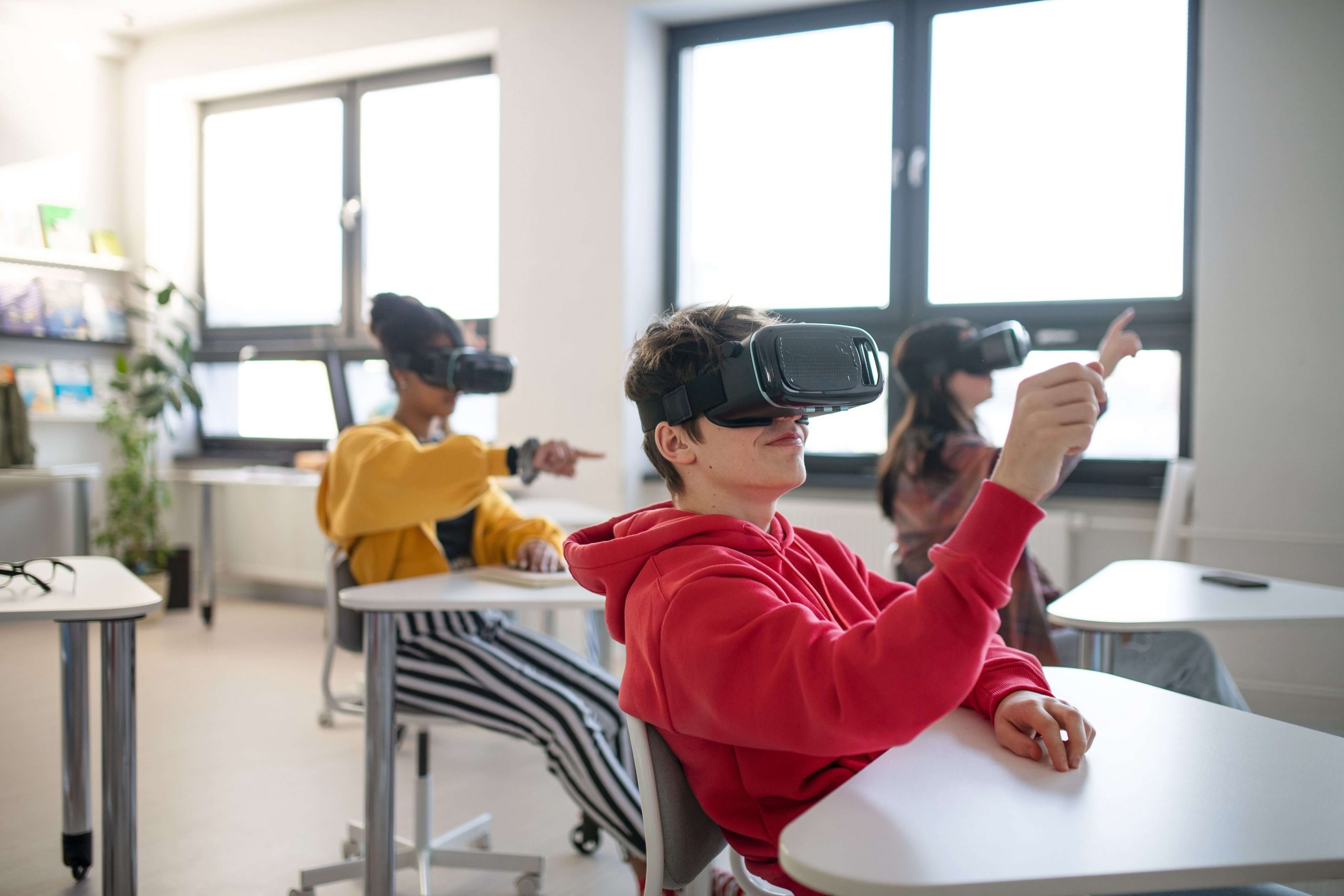April 3, 2024
With rapid technological changes, the allure of virtual realities is growing, and, like other technologies, it has the potential for both great, innovative applications and the seedier side of human interactions. The VR experience offers unprecedented opportunities for schools as well as supportive spaces and communities for many people who find social interaction difficult. It also has a positive impact in areas such as medical training, pain relief, care for the elderly, and sports performance and rehabilitation. Navigating these platforms can also be confusing. Developmentally, many young people find the immersive nature of the VR experience so absorbing that they find it difficult to distinguish fantasy from reality. The next generation will spend approximately 10 years in virtual reality, and it is vital that safeguards are put in place to protect them from harm (The Institution of Engineering and Technology Report, 2022). Educators seem to be in the front line to support students and parents to understand how to protect themselves online. For teachers it can be overwhelming to try and manage all the new challenges that present themselves.
US based Blockchain and Metaverse Company, Mobiloitte, Inc., expects there to be an increased focus regarding…


